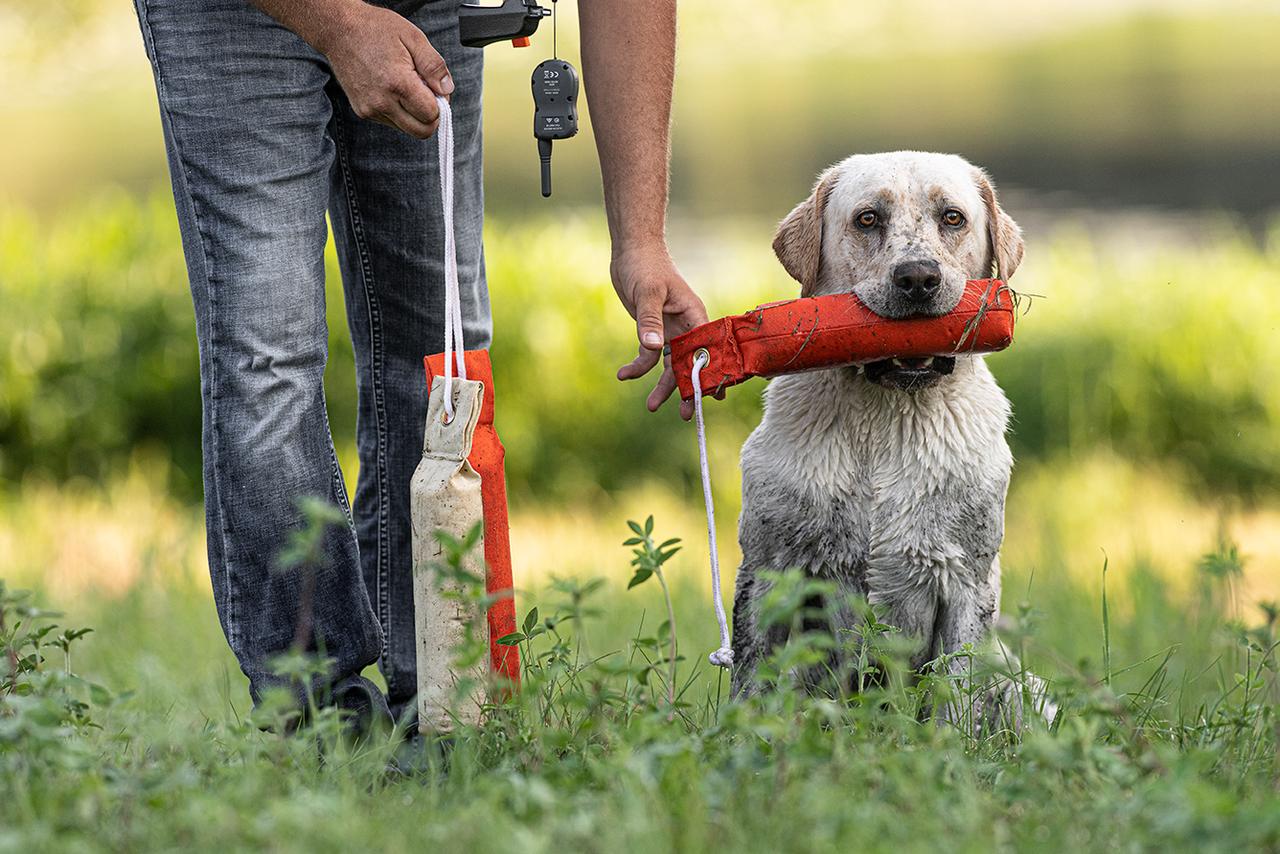
Training Retrieve to Hand
Posted by Ben BusbyWe often rely on our ProStaff when we encounter difficulties in training. ProStaffer Ben Busby has offered insights on training the crucial 'Retrieve to Hand' in this week's blog.
I have heard of different gun dog owners making the statement that their dogs have been retrieving but sometimes will stop short of placing it in your hand. The fix is easier than what you are thinking it could be. This technique has worked for puppies, seasoned gun dogs, flushers and pointers. When training your dog, working him in the offseason or during season, if you will kneel down on one knee, hook your finger in his collar and leave the dummy or bird in his mouth while you pet and praise him for retrieving the dummy or bird for you with your other hand underneath his jaw so he cannot drop the bird prematurely.
You can then begin to walk backwards near the end of the retrieve whilst using the inviting gestures and verbal encouragement for your dog to come completely in to you. When you are encouraging him to come in with the inviting gestures and encouraging words, your dog will completely forget to drop the dummy or bird short of your hand. Make sure your bird dog enjoys the moments of having success for you in the field and periodically challenge him with differences in terrain you train in and mix up the dummies and birds that you're training him with.
Also, remember not to take the prize away too hastily from him after a retrieve and give him plenty of praise to look forward to the next time you take him out in the field to work or hunt. Depending on the age of your hunting companion, you do not want to have lengthy training sessions. If he is a young pup, his attention span isn't going to be very long anyway. For the older dogs, they have a longer attention span but you also need to keep your sessions brief and to the point. If you have extended training sessions for the older dogs, they could start going through the motions and doing things in a half-hearted manner, which can lead to some other unwanted issues during a retrieve to hand. When you're finishing up your training session, you want him to be eager for more and to enjoy himself while you're training him.
With the upland hunting seasons drawing to a close, if your seasoned gun dog or puppy requires training, now is the time to address this task.
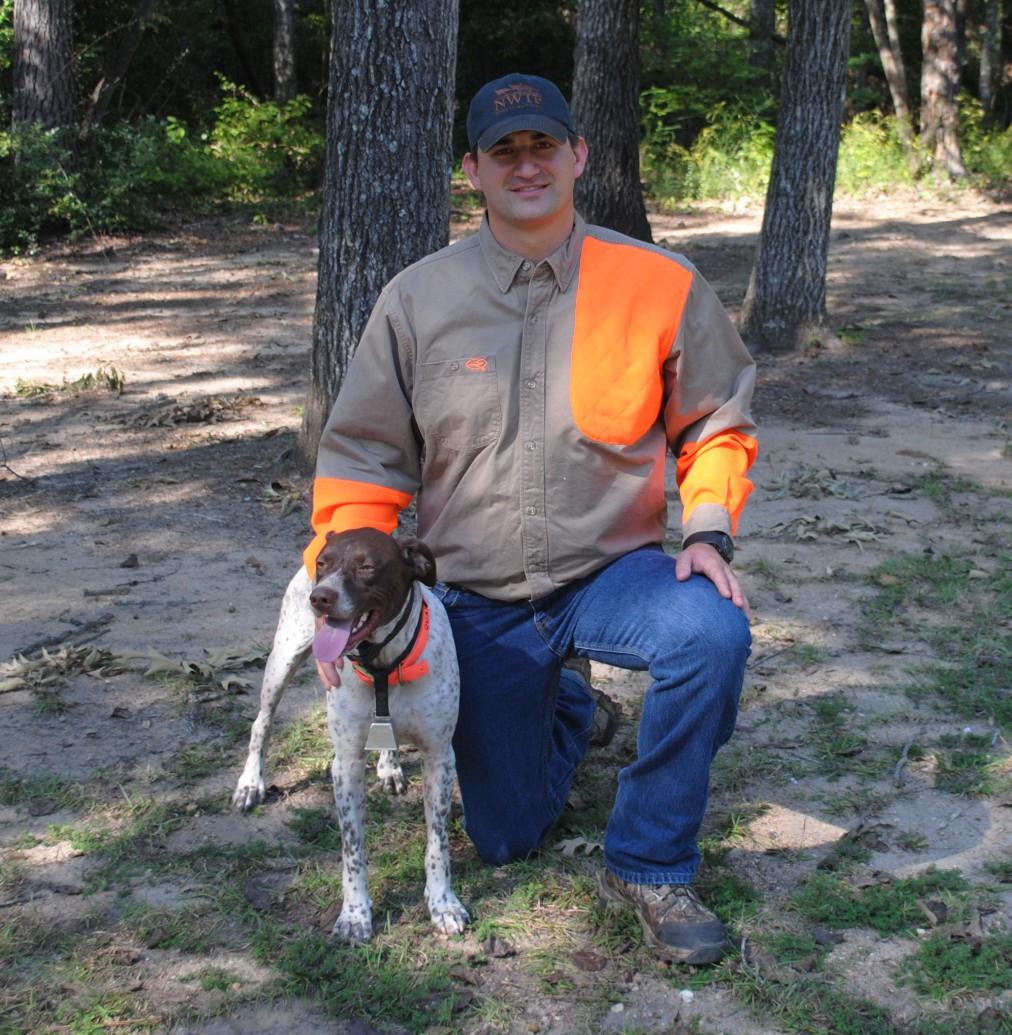
Ben Busby
Frisco City, AL
Ben Busby has hunted since he was old enough to walk. He was fortunate enough to have a mother and father who introduced him to hunting at a very early age. He harvested his first whitetail deer with a 12-bore out of a garden chair at age 10. From...
Related Articles
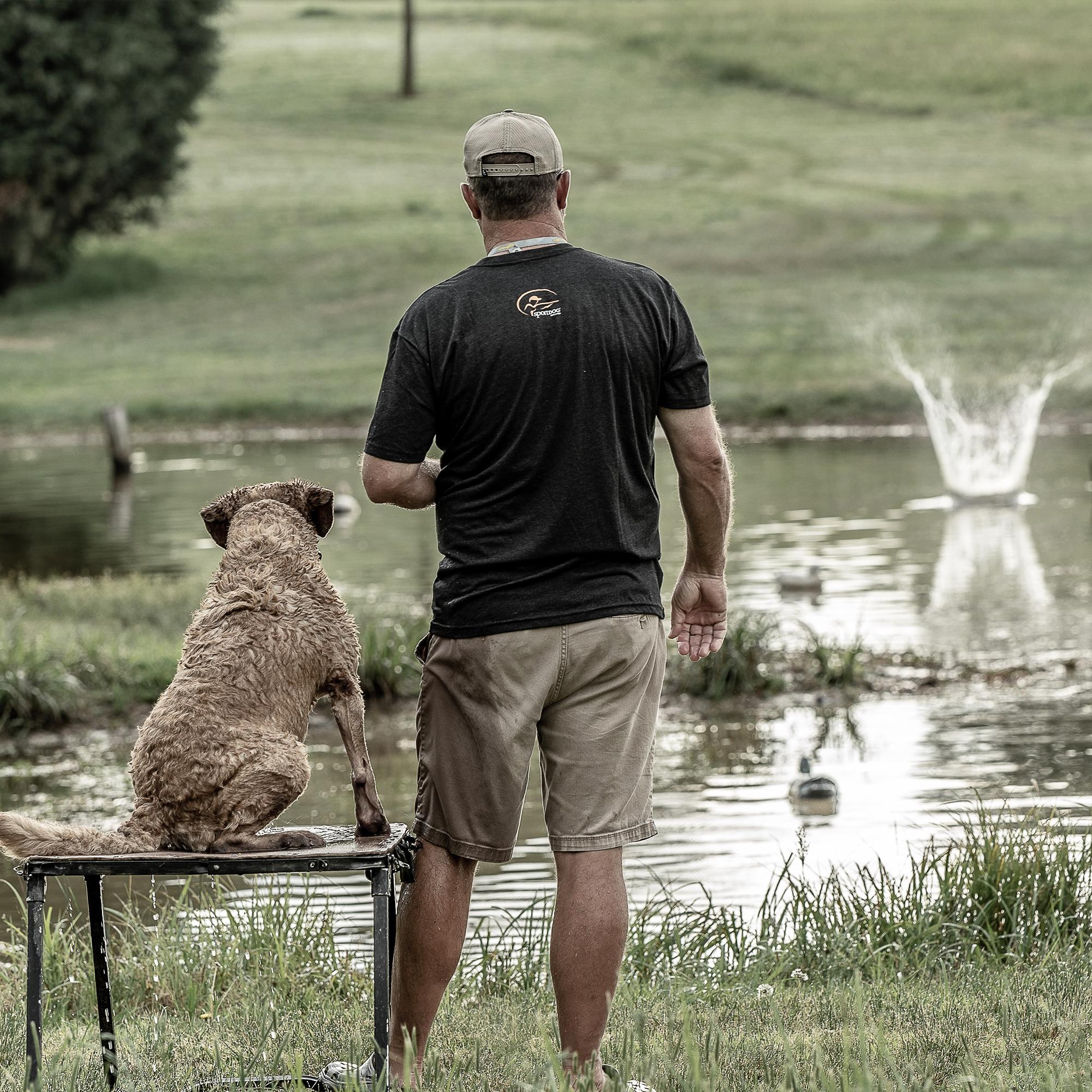
Building a Steady Retriever
by Tom Dokken
A retriever that remains calm in a duck hide and concentrates on watching birds fall is a joy to hunt with. In a perfect world, that’s how all retrievers would behave. While a steady retriever is something that most hunters want, the reality is that very few retrievers are truly...
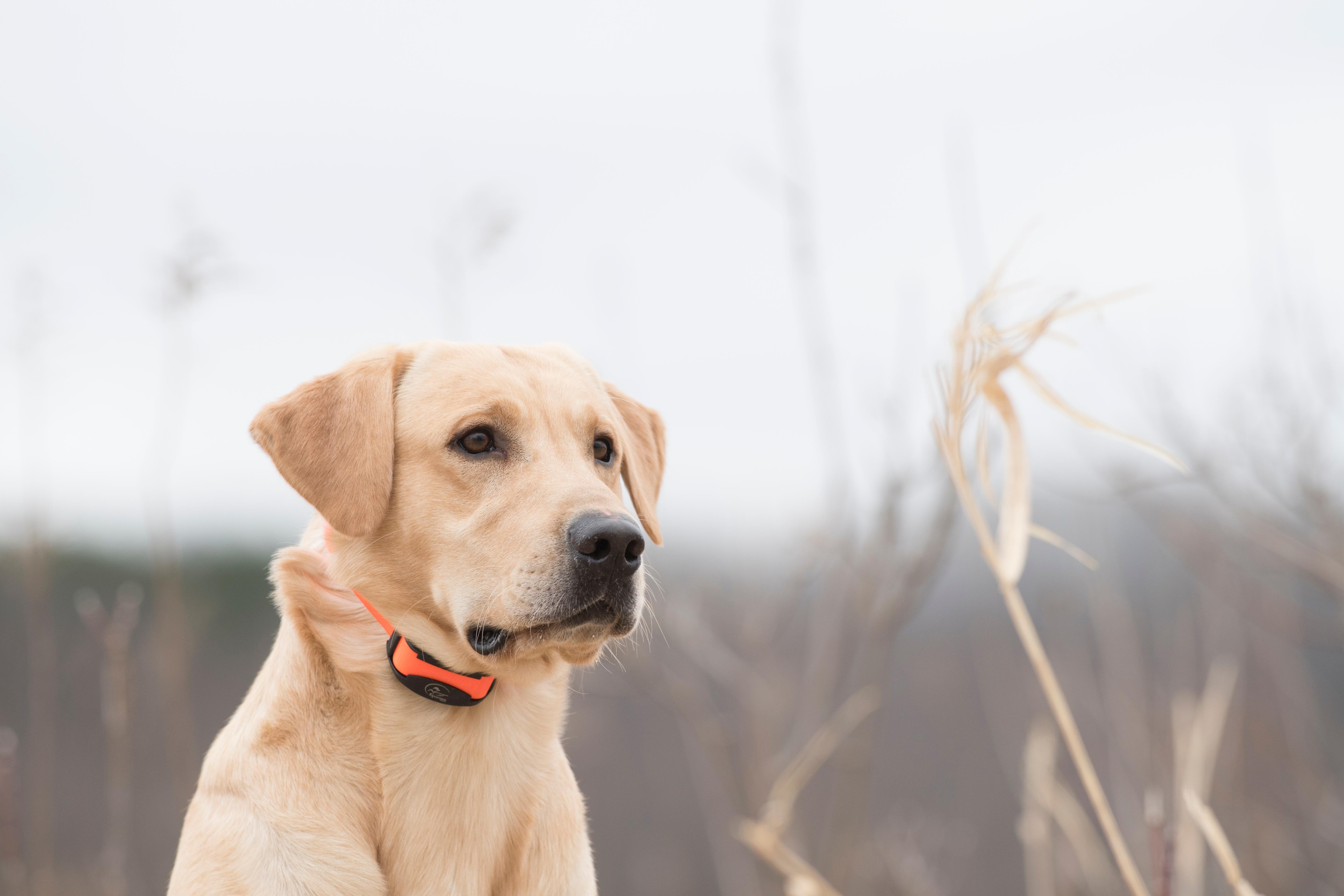
Training Your Retriever for Double Duty
by Charlie Jurney
If you own a waterfowl dog, chances are that sooner or later you’re going to ask it to perform upland duty. It might be a pheasant hunt as a sideline to your Dakota duck hunt, or maybe an afternoon of quail hunting after a morning goose hunt. Most retrievers handle...
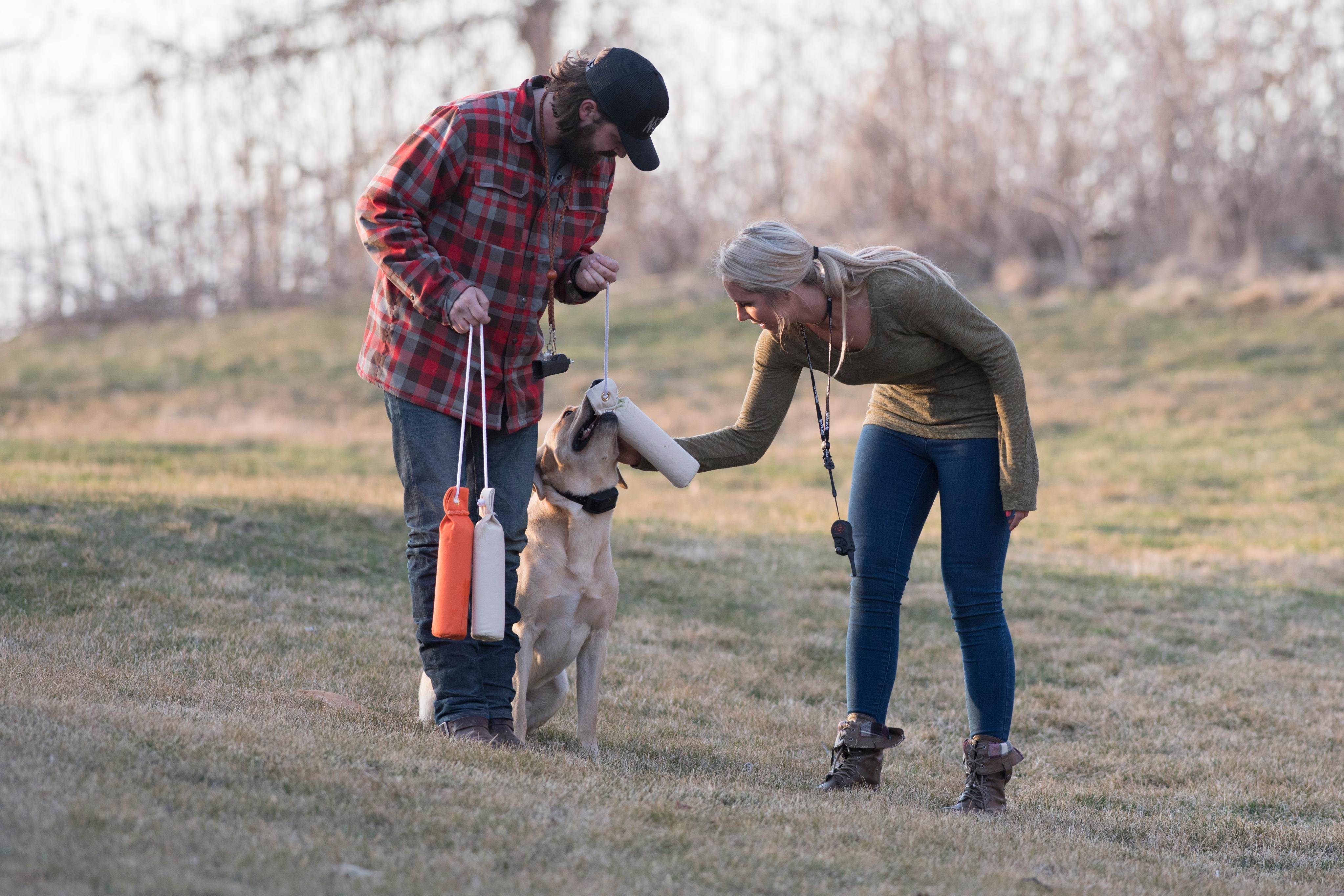
Keeping the Fun in Retriever Training
by Charlie Jurney
Wouldn’t it be nice in the middle of a tough day if someone stopped by and said a few words that made all your worries disappear? Instantly your negative feelings would vanish and you’d be happy. Well, in retriever training, there is something that can have that effect on...
